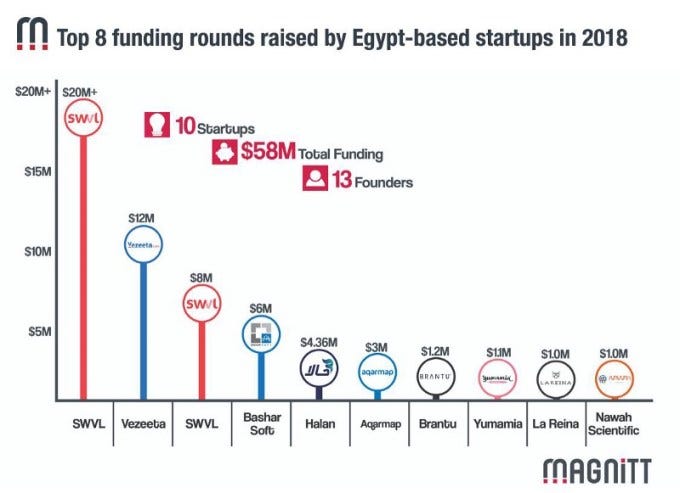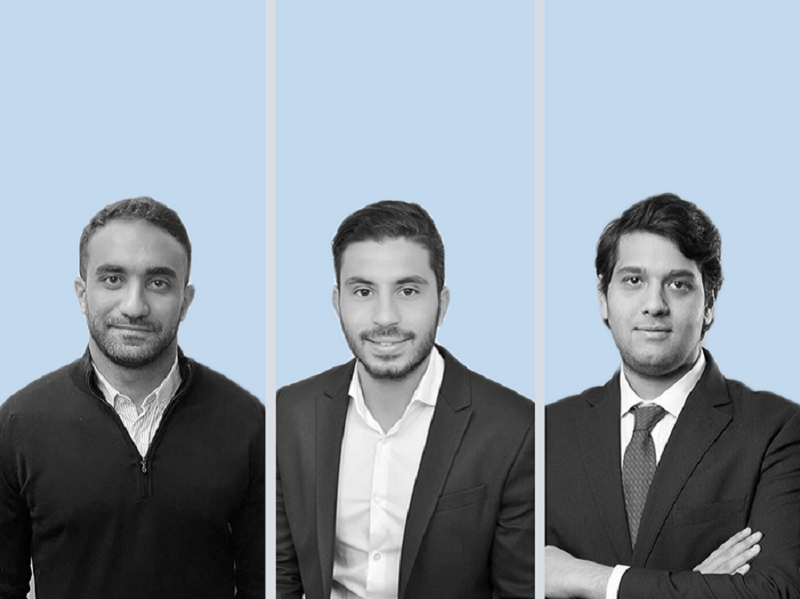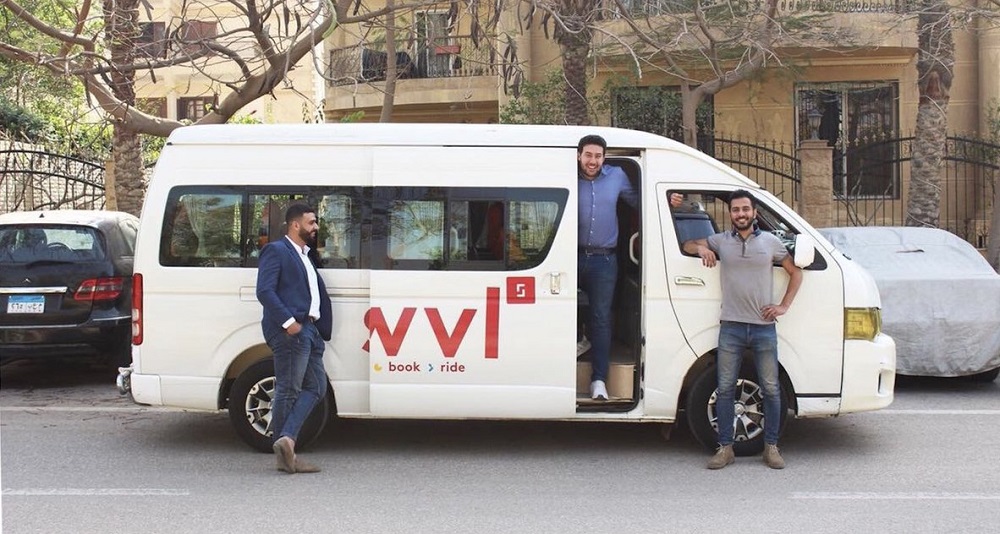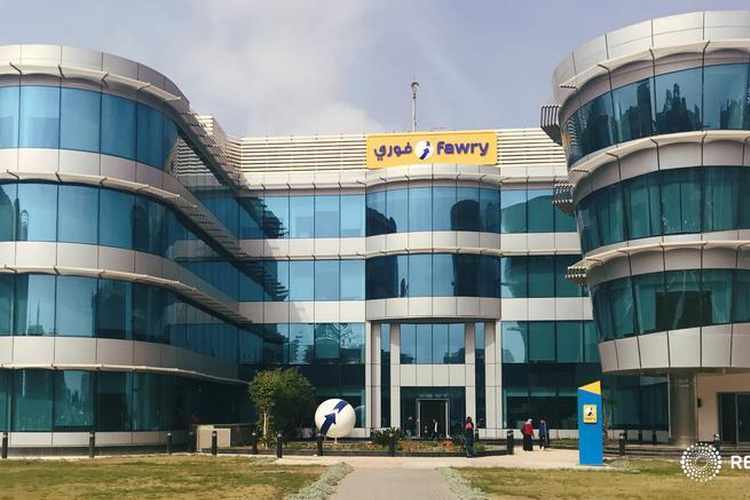Early Stage Startups In Egypt Have A New VC In Town, Foundation Ventures
Early stage startups in Egypt can now knock on the doors of Foundation Ventures, the latest venture capital firm in the North African country. The VC has the capacity to invest from pre-seed to Series A. Already, it has made investments in four startups, namely two in fintech (NowPay ($2.1m) and Capiter); one in entertainment tech (Minly); and one in logistics currently operating in stealth mode.
“Our fund construction strategy is built around the idea of playing a supporting role to the startups and de-risking through adding value. FV has a very wide network of enterprise partners that our portfolio companies can tap into, allowing them to unlock immediate growth and access wide distribution channels. We like to remain highly engaged with the teams we back. Once invested we ensure that we dedicate enough time and resources supporting the founders, we basically become employees in the companies we invest in and try to help the team we invest in any way we can,” said Omar Barakat, one of the partners on the team.

A Look At The New Venture Capital Firm
One remarkable thing about the new VC is that it says it is prepared to take risk, funding startups even before they go to market or gain traction.
“We believe that the best way for the ecosystem to mature and grow is through a collaborative approach, and this is why we love club deals and working closely with other local and regional investors,” it says in a statement.
The VC also says it invests across all sectors.
“The ecosystem in the region is still not at a place where any fund can be dedicated to a single sector in our view. We are sector agnostic and we map out markets and themes and try to identify high potential opportunities. And while we try to monitor these trends and shifts in consumer and market behavior we believe more in founder-led insights. Learning from entrepreneurs about their solutions to particular problems is what excites us the most,” it says.
Foundation Ventures equally likes to lead the rounds but also doesn’t mind taking part in an already structured deal. Its average investment ticket size starts from $300,000, although it has the possibility of following-on in future rounds of their portfolio companies.
Foundation Ventures is managed by Mazen Nadim, Omar Barakat, and Ziyad Hamdy, in partnership with US-based VC firm HOF Capital, and Egypt-based private equity firm BPE Partners. The fund is backed by some of the largest family offices and business leaders from Egypt and the Middle East and North Africa (Mena) region.
Being part of the FV’s network, FV will help its portfolio companies scale up quickly by enabling them to access and utilise the resources of its limited partners and enterprise partners, expand their reach and product offering, access top industry experts and potential investors.
The VC recently co-led a $2.1 million seed round in NowPay.

Read also: eVuna, South Africa’s startup launches insight crowdsourcing platform for brands
What Startups Is The VC Looking For And How May They Apply?
Egyptian startups from all sectors are welcome.
“We’re on the look for full-time founders who are articulate in discussing the company and their vision for it, have built strong technical teams (complemented by an operationally competent CEO), and have a solid understanding of their target market,” said Ziyad Hamdy.
“We try to look for startups that are solving a challenging high-value problem, can offer a big improvement over incumbent solutions and build long-term defensibility,” he added.
However, it seems the VC is more interested in founders with long-term focus and not those with short term exit plans.
At seed-stage, Foundation Ventures looks out for measurable traction, user engagement, and evidence of market acceptance, it says. It also says expects the startups to have identifiable target customer and monetization strategy, scalable, and capital efficient business with favorable unit economics.
Interested startups may contact them here, or through the partners Ziyad Hamdy, Mazen Nadim and Omar Barakat.
Charles Rapulu Udoh

Charles Rapulu Udoh is a Lagos-based lawyer who has advised startups across Africa on issues such as startup funding (Venture Capital, Debt financing, private equity, angel investing etc), taxation, strategies, etc. He also has special focus on the protection of business or brands’ intellectual property rights ( such as trademark, patent or design) across Africa and other foreign jurisdictions.
He is well versed on issues of ESG (sustainability), media and entertainment law, corporate finance and governance.
He is also an award-winning writer
















